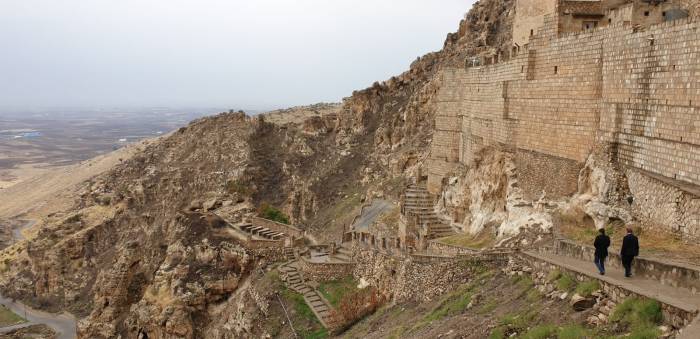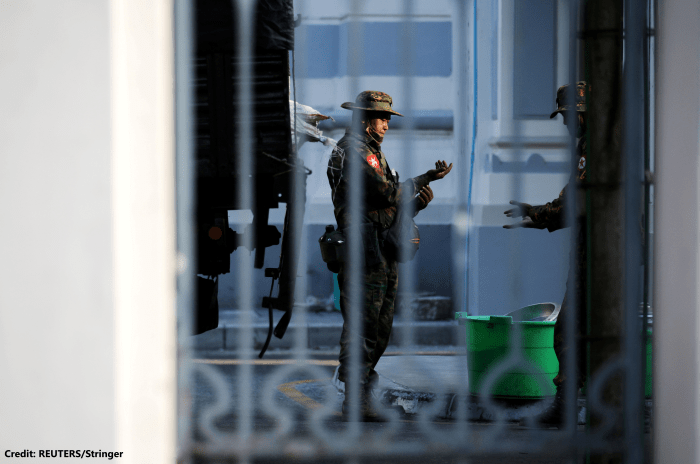In July 2020, Indian Prime Minister Narendra Modi and his government released a 62-page ‘New Education Policy’ (NEP) to much excitement. It had been 34 years since the last education policy was rolled out, so the excitement was understandable.
On the surface, the policy looks grand and attractive. It speaks of reformation and becoming a ‘Global Knowledge Superpower’. However, India’s religious minorities are dissatisfied. In the 18 months since its release, there have been several protests against it by Muslim and Christian groups, claiming that they have been left out of the central government’s glorious vision for the future.
Here are some of the key concerns.
Lack of representation of religious minorities
While the 1986 education policy focused on giving minorities and women access to education, reducing child drop out rates and introducing education for adults, the NEP 2020 seems to focus more on technology, new-age curricula and innovation, with hardly any specific agenda to uplift members of minority communities. In fact, the word ‘minority’ is only mentioned twice and ‘Muslim’ is mentioned once – ironically to admit that they are under-represented.
Continue reading “New Education Policy 2020: A subtle attempt to reshape India’s collective thinking”


